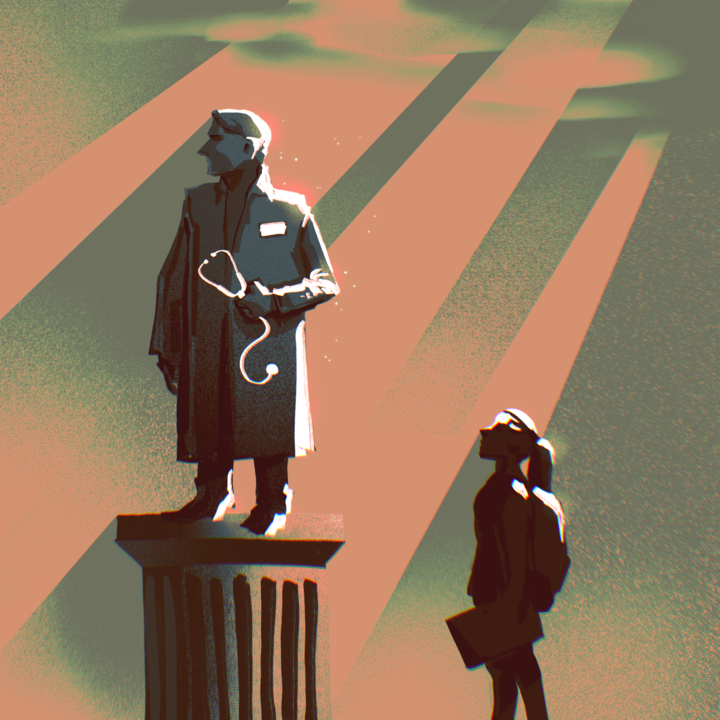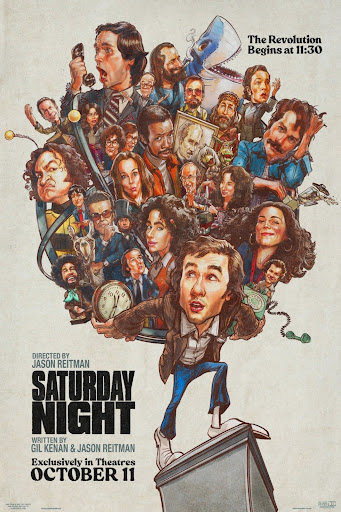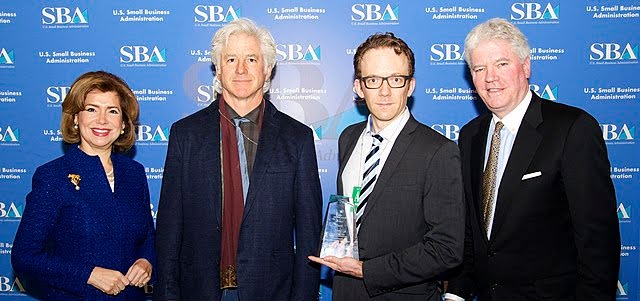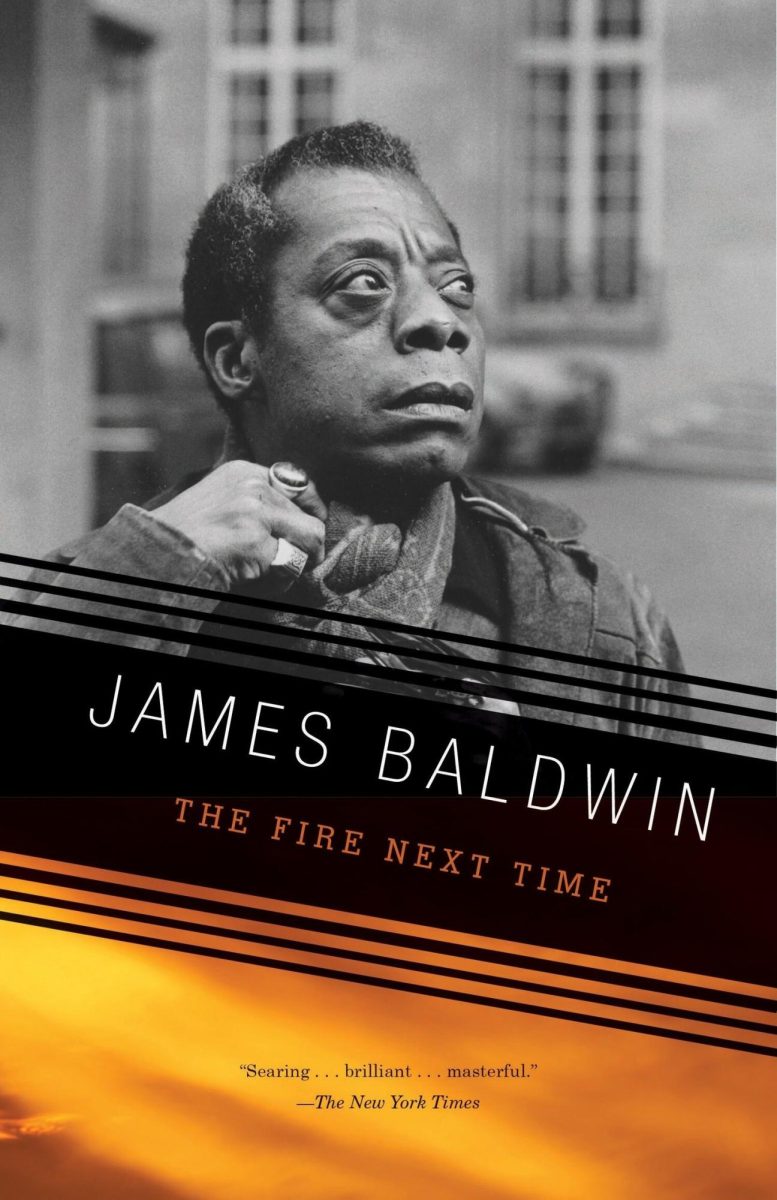The UA just gave tenure to a professor who has been proven, on multiple accounts, to have plagiarized from her students. As an institution of higher learning, the university should be ashamed that it is not only completely ignoring its own code of academic integrity but simultaneously rewarding such an egregious act of professional misconduct.
Let me begin by making this explicitly clear (because I, unlike some at our university, give credit where credit is due): much of the following summary is based on the research and article done by Carol Ann Alaimo of the Arizona Daily Star.
Recently, Susannah Dickinson of the School of Architecture was promoted to a tenured position as an associate professor. Receiving tenure is the goal of most educators in the university system – it is essentially a permanent job contract, providing a professor with job security. Along with that job security came a raise, bringing Dickinson’s annual salary up to $70,000.
The problem here is that Dickinson has been confirmed to have used a student’s work without proper attribution – twice. First, in 2010, Dickinson was “formally admonished” after it was found that a large portion of an application she submitted for a visiting professorship was taken from the work of a master’s student for whom she was a thesis advisor.
Next, in 2013, an investigation done by the UA determined that roughly 20 percent of a paper Dickinson submitted to an architecture conference was taken — word for word — from the same student’s master’s thesis. No quotation marks were used and no footnotes cited the student’s work. The most credit he got was a single sentence noting that the student had done a large part of the research for the paper.
Let’s take a look at what the UA has to say in a document they provide to explain plagiarism: “If you use someone else’s exact words then you must cite the original source (either in a footnote or in a citation in the text), and you must enclose the words in quotation marks or else set them off from the rest of the text by indenting them from the other text.”
Dickinson must have forgotten to read this document.
It’s obviously wrong that Dickinson stole the work of a student she was advising. But there’s another, arguably larger, issue at play here: even after an egregious breach of academic integrity, she still received a tenured position.
In that same document on plagiarism, the university goes on to warn students that plagiarism can result in federal lawsuits, references “unsympathetic courts” and compares plagiarists to parasites and leeches.
Strong words coming from an organization who just gave a “leech” a comfortable job and a fattened paycheck.
The university is doing everything they can to hide this ordeal from the public eye. During the investigation into Dickinson’s plagiarism, Provost Andrew Comrie, who is in charge of managing the academic affairs of the school, ordered faculty not to discuss the issue with the media or students. Now, the university has declined to release any of the documents related to the decision to grant Dickinson tenure.
In a programming class I’m taking, we were sternly told that even simply looking at another student’s homework code was enough to result in a failure of the project — or worse. I think it’s safe to say that Dickinson must have looked at her student’s work a few times when she was copying it into her own papers.
Not only is the university’s hypocrisy unfair to students, it eats away at the credibility of the university as a research institution. How can the UA expect to be taken seriously if they hold their faculty to lower standards than their students? How can a student respect a faculty member who was promoted even after stealing her student’s work?
The university apparently believes they can save face by ignoring the media and hiding the truth from their students. I disagree. If they made a mistake by granting Dickinson tenure, they need to own up to it, admit their wrongdoing and use these events to spark a conversation about the realities of plagiarism and how all of us at the university are affected by it.
And if they stand behind their decision, they sure as hell have some explaining to do.
Follow Graham Place on Twitter.








